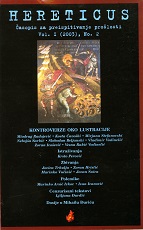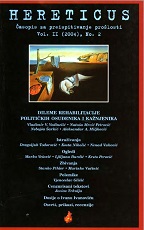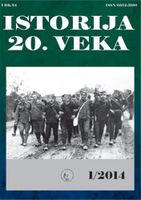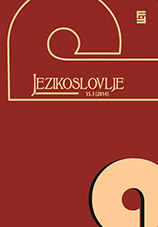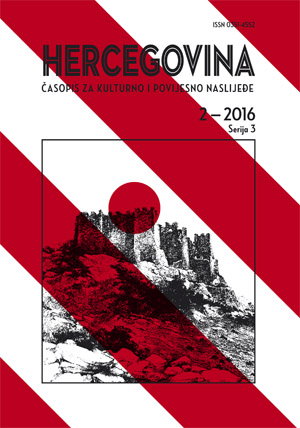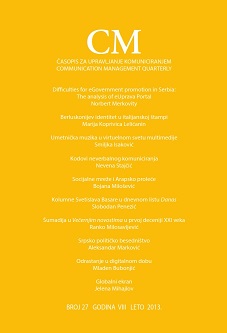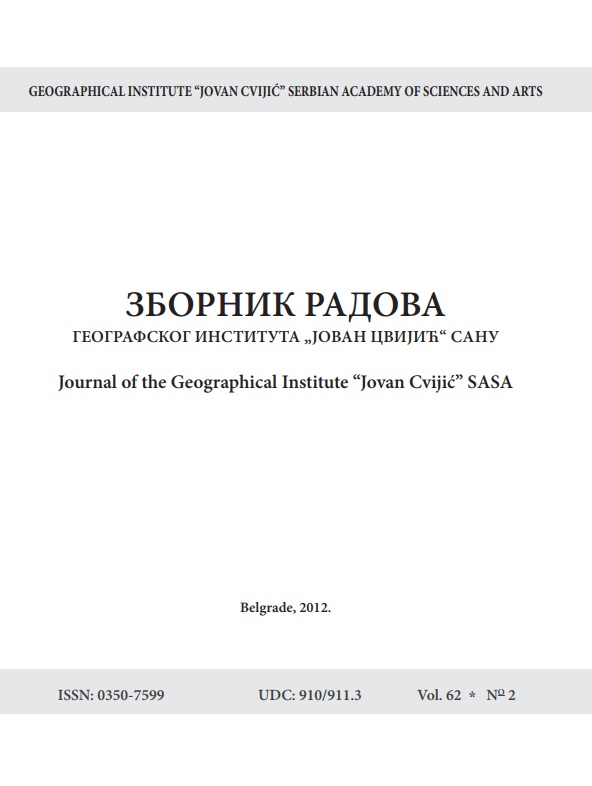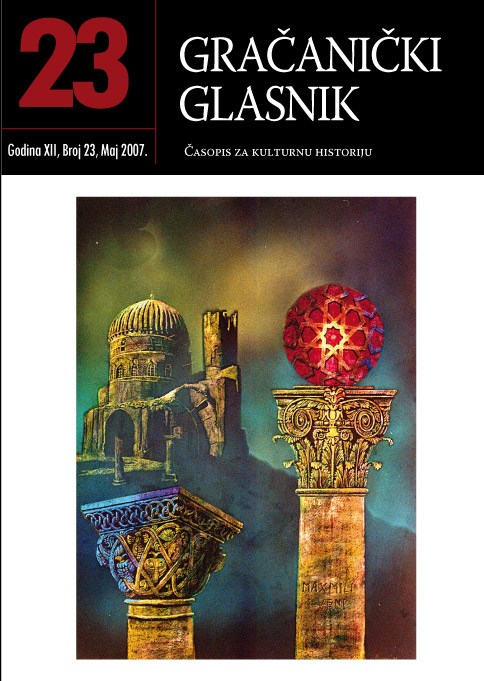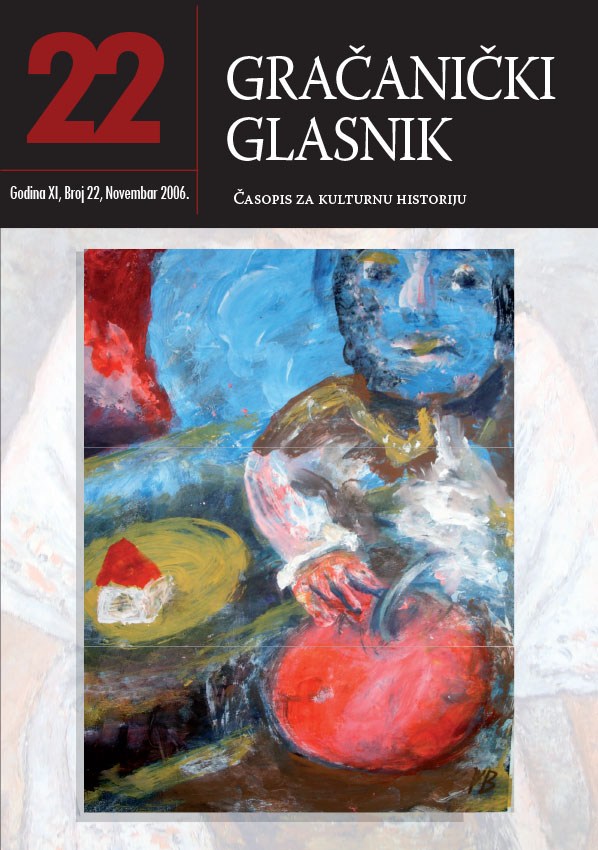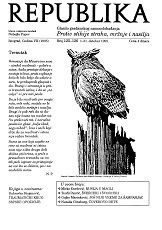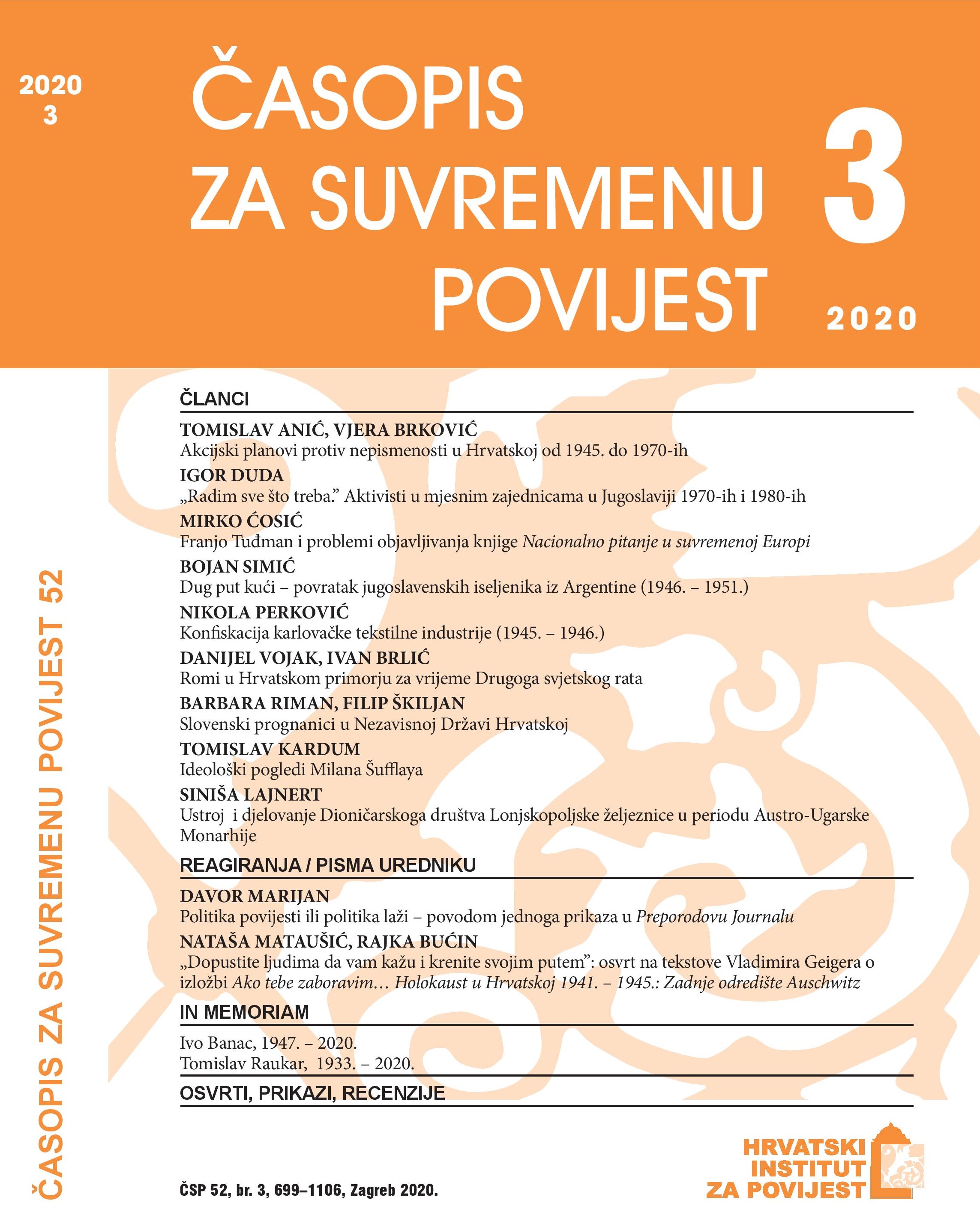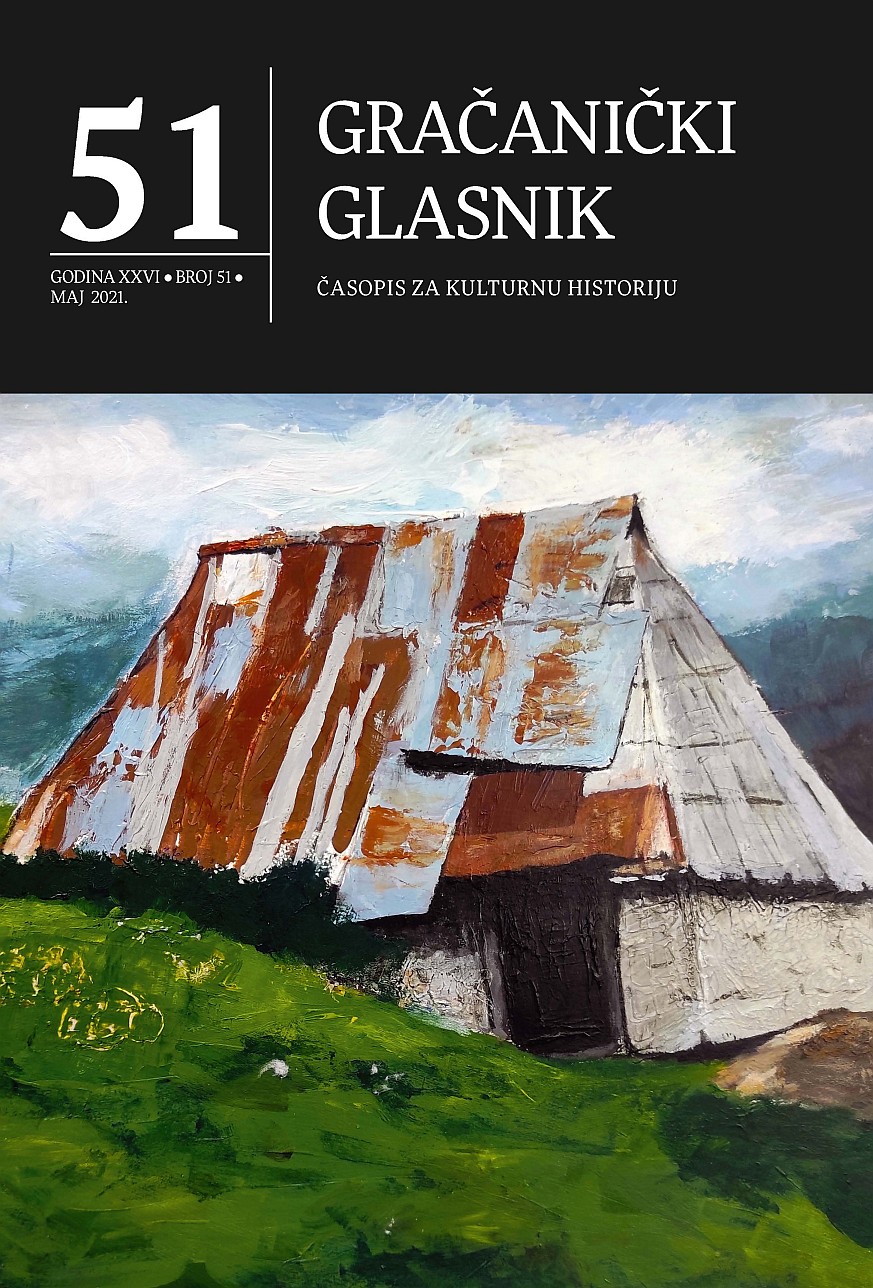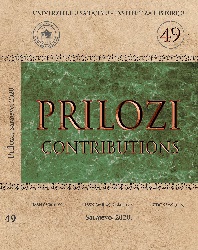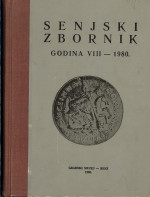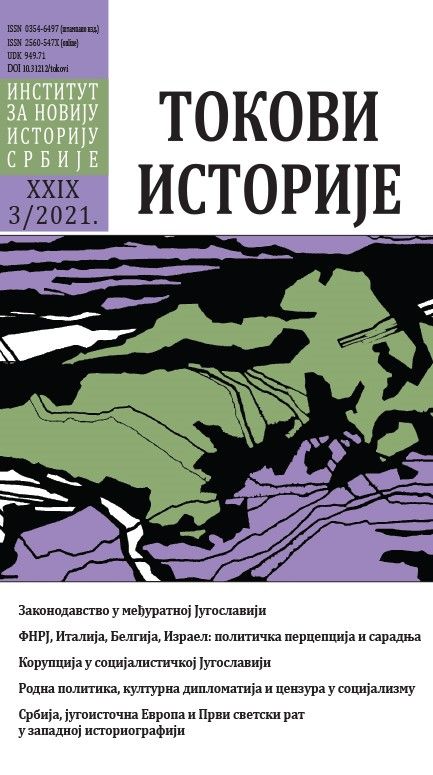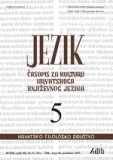Šumadija u Večernjim novostima u prvoj deceniji XXI veka
Author(s): Ranko Milosavljević / Language(s): Serbian
/ Issue: 27/2013
Keywords: Večernje novosti; Šumadija; paper; journalists; media professionalism; public relations; regionalization;
Večernje novosti (Evening News), the first evening paper in the former Yugoslavia, formed after the Trieste crisis, in October 1953, the position of the highest circulation daily newspaper has gained by its modern form of expression, but also by plenty of articles that were published in all areas of social life, as well as balanced representation of information from different regions. In early nineties this journal had more than ten issues, with several pages that had contributions from different republics of the country and the most important regions in Serbia. Until 1993, notorious for hyperinflation, this journal featured a regional, „Kragujevac“ page, which gave plenty of information from Šumadija region, especially from Kragujevac, as the center of the sub-region. The circulation, as well as the influence, of Večernje novosti in Šumadija, was far ahead compared to other journals. The period from 2000 to 2010 is analysed in this work, that is 3,580 published issues with 13,070 published reports of all genres referring to the six municipalities in Šumadija and Kragujevac as the center of the region. The absence of analytical texts and reduction the mission of the paper to a mere transfer of statements of the political, economic, sports and other participants in public life is present. This made the newspaper into the service for transmission of the messages and it lost the race with electronic media, which in most cases, broadcast the information a day earlier at least. Based on analysis of the published content, this work presents the projections of growth and stagnation of this journal, which operates in a completely different conditions compared to the time when the audience, back in the 1953, offered an effective reporting form contained in the slogan „quick, short, clear“. Today’s business environment is characterized by intense competition for attracting advertisers, but also for the retention of readers / viewers / listeners. Print media have lost the race from electronic media and from the Internet, as well. Such conditions re-actualize the need of specialization and professionalization of journalists. What they have to do is to interpret social reality, not just to transmit the information, which are increasingly produced by growing PR services.
More...
